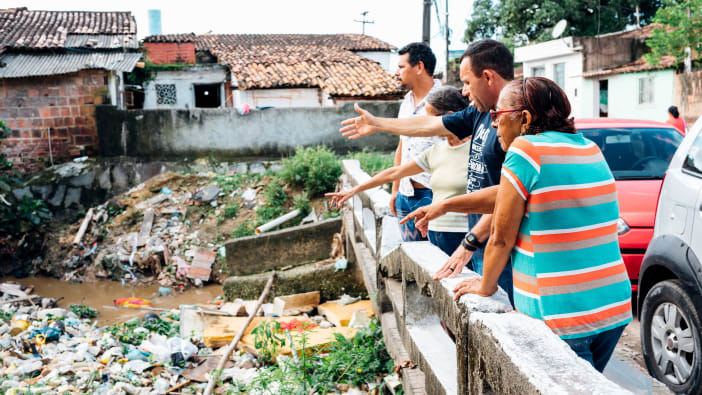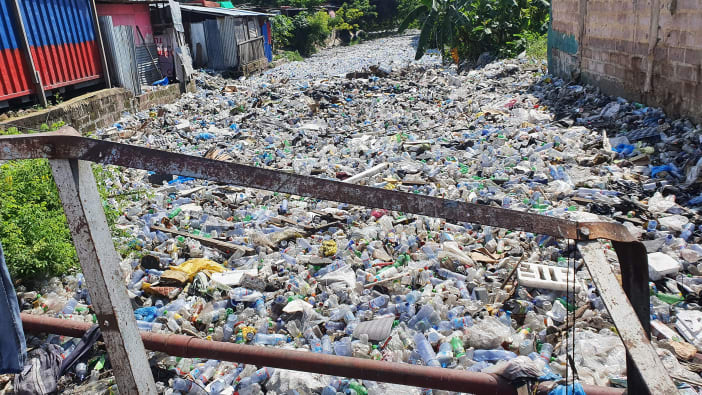Securing the rights of workers in the informal waste sector
Find out about groundbreaking work to improve the lives of waste pickers around the world.
Written by Lorraine Tew | 25 Jan 2023


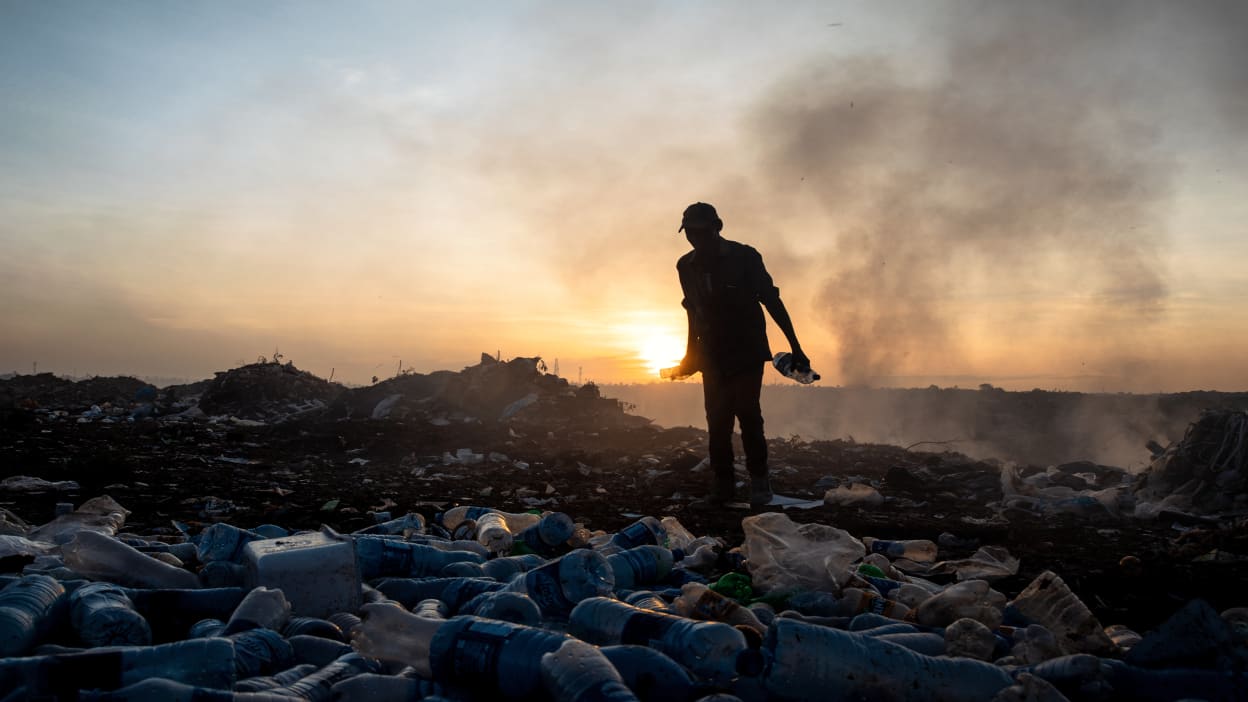
A waste picker working on a dump in Tanzania. Waste pickers collect 60 per cent of the plastic that’s gathered for recycling worldwide. Image: Daniel Msirikale / Tearfund.
Tell us about the Fair Circularity Initiative.
The Fair Circularity Initiative came about as a direct result of Tearfund’s Rubbish Campaign in 2019, which called on four of the world’s biggest plastic polluters to make ‘not rubbish’ commitments, including to reduce their plastic use and work well with waste pickers.
As part of the campaign, Tearfund’s reports, No time to waste and The burning question, drew significant media attention to the problem of plastic pollution, especially in countries with little formal waste management.
In these countries, waste pickers form the backbone of the waste collection system. They collect and sort waste for recycling, and prevent large amounts being dumped and burned. Tens of thousands of Tearfund supporters signed a petition calling for four companies to ‘be less rubbish’: Nestlé, Unilever, PepsiCo and The Coca-Cola Company. This opened the door to a productive dialogue with them.
As a result, Tearfund began to work with the companies’ human rights teams in this area, bringing in waste picker perspectives and facilitating dialogue. The aim was to develop a set of principles that would help companies work with the informal waste sector in a way that improves waste pickers' human rights and livelihoods.
These principles were developed and launched as the Fair Circularity Initiative in November 2022.
Who are waste pickers and why is their work so important?
It’s estimated that waste pickers collect 60 per cent of the plastic that’s recycled worldwide. They also collect paper, metals and waste electronics. Their work helps stop rubbish ending up in oceans and waterways or on sites where it is openly dumped or burned.
Waste pickers’ role of collecting, sorting and selling recyclable waste materials back into value chains is critical for the circular economy. Without them, multinational companies would be unable to meet their commitments of reducing how much new plastic they make.
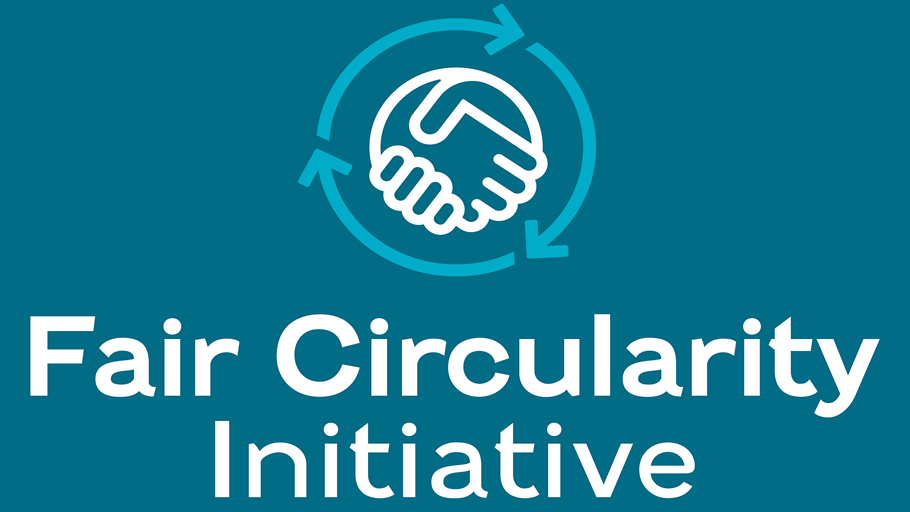
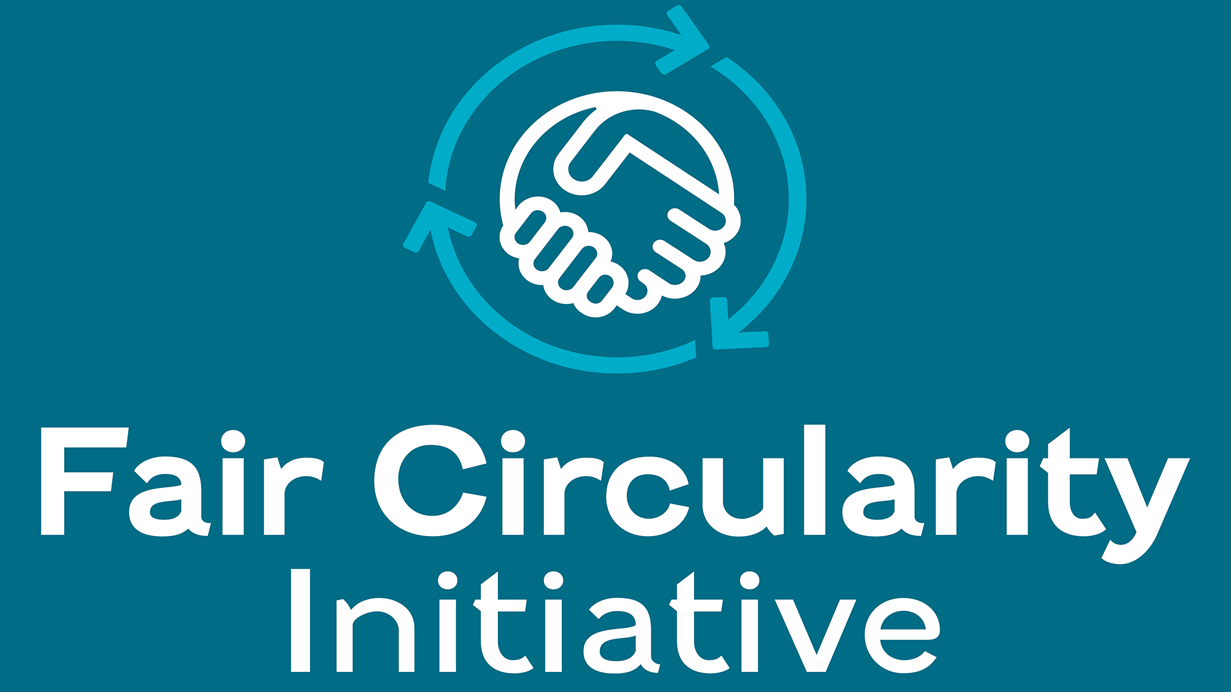
The Fair Circularity Initiative aims to ensure greater respect for human rights for those in the informal waste sector. Image: Vision Tank.
What are the issues faced by waste pickers?
Despite the vital contribution waste pickers make, they face many threats to their human rights and many challenges in their work.
Many work in hazardous conditions without safety equipment, and often for very low pay. Generally, they are only paid for the materials they collect, rather than the service they provide, and the payment they receive for materials fluctuates a great deal. Furthermore, they are often excluded from social security systems (like state benefits and pensions) and financial services (like being able to open a bank account), making it harder for them to provide for their families or plan for the future.
What exactly are the principles these four companies have committed to, and how do they help solve the issues waste pickers face?
Tearfund and the companies worked with Shift, who are experts in the UN Guiding Principles on Business and Human Rights, to develop the final Fair Circularity Principles.
By adopting these principles, companies have acknowledged that until now, governments and industry have not done enough to address human rights in this sector. And they have committed to doing much more to ensure that waste pickers earn a fair income, work in safe conditions, and are recognised and respected for the role that they play – pledging to work with waste picker representatives to achieve this.
One of the principles, for example, addresses gender, as women waste pickers are particularly vulnerable in terms of their safety and security, as well as suffering discrimination and harassment. This principle requires companies to talk with the waste picker representatives to understand their experiences and address their challenges.
The founding members of the Fair Circularity Initiative have committed to report on their progress in advancing and adopting the principles annually, and to encourage other companies to join them.
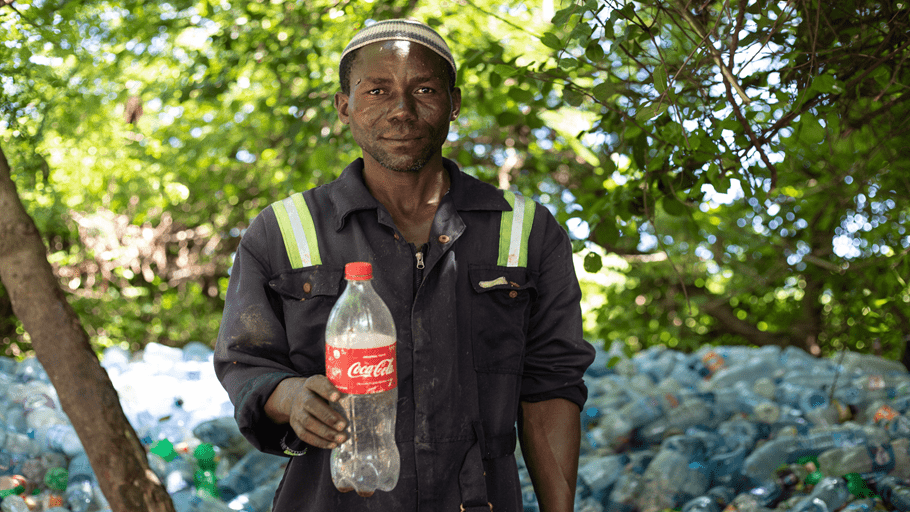
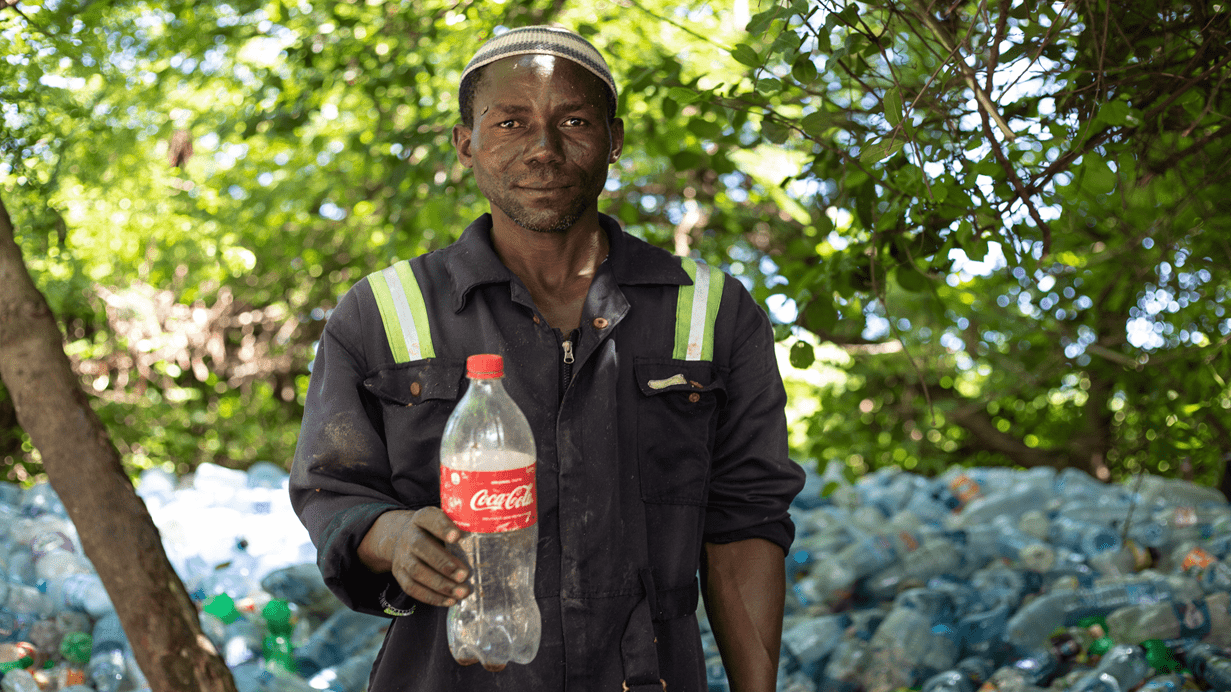
Kelvin, a waste picker, collects plastic for recycling at a dump at the University of Dar es Salaam, Tanzania. Image: Daniel Msirikale / Tearfund.
How can I pray for this work?
Pray for the next phase of the Fair Circularity Initiative as we agree on how to govern it and collaborate with new companies that might want to join.
Pray that many more large companies with plastic value chains will be motivated to join the initiative and implement its principles, magnifying its impact and increasing global recognition of and respect for the rights of workers in the informal waste sector.
The International Alliance of Waste Pickers and Wiego (which works with women in informal employment), are actively involved in the negotiations for the UN treaty on plastic pollution, with support from Tearfund. Pray that the voices of the waste pickers will be amplified in the negotiations and through the development of waste collection and recycling schemes that are fair, inclusive and safe for everyone.
What else can I do?
Following the success of the Rubbish Campaign in 2019, Tearfund is launching the next phase of the campaign this spring. This is timed to coincide with discussions as international governments meet to develop the first UN treaty on plastic pollution.
You can join us in prayer and action to demand an end to plastic pollution and its impacts on people in poverty. We need your voices to ensure that leaders do not throw away this opportunity.
We’ll be sharing more details soon about how you can help us beat this rubbish problem
Written by
Written by Lorraine Tew
Similarly Tagged Content
Share this page
Share this page to spread the word and help support those in need.

Get our email updates
Learn about our work and stay in touch with Tearfund. Hear about our news, activities and appeals by email.
Sign up now - Get our email updates



